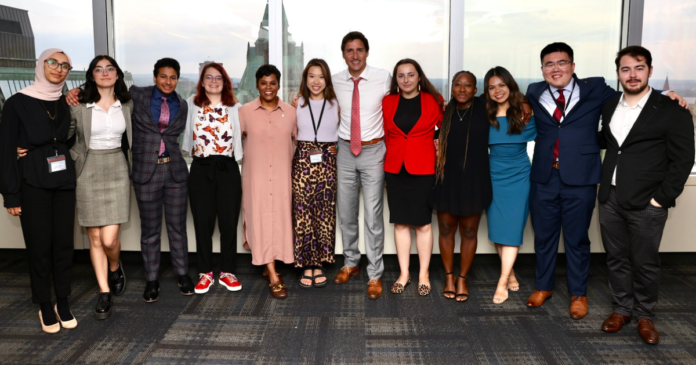"Trudeau’s $110 Million Investment in Anti-Racism: A Closer Look"
In a bold move to address what they perceive as the deep-rooted issue of racism in Canadian society, Prime Minister Justin Trudeau’s government has announced a significant investment of $110 million in anti-racism and diversity, equity, and inclusion (DEI) consultants. The aim is to fund numerous projects across the country as part of a renewed anti-racism and discrimination strategy. The minister of diversity, inclusion, and persons with disabilities, Kamal Khera, emphasized the importance of incorporating the voices and experiences of Canadians to combat racism effectively.
The Implementation and Criticism of the Strategy
The program, titled Changing Systems, Transforming Lives: Canada’s Anti-Racism Strategy, is set to commence implementation this year and continue until 2028. A substantial portion of the funds will be allocated to local initiatives with the overarching goal of combating all forms of racism and fostering positive change in Canadian lives. However, not everyone is fully supportive of this strategy. Critics, like the founder of the Aristotle Foundation, Mark Milke, argue that the approach taken is flawed and may lead to unintended consequences.
Milke believes that the current anti-racism initiatives are more akin to reverse discrimination rather than the vision of equality championed by figures like Martin Luther King Jr. He asserts that the focus on racism as the sole cause of disparities in outcomes between different groups oversimplifies complex issues such as education, geography, and cultural dynamics. He contends that a more holistic approach is needed to address the root causes of inequality effectively.
The Need for a Balanced Approach
While Trudeau’s government emphasizes the importance of addressing racial inequalities and promoting equity, it is essential to consider diverse perspectives on the efficacy of their strategies. Acknowledging the deep-seated challenges faced by Indigenous, Black, racialized, and religious minority communities is crucial. Still, it is equally important to ensure that efforts to combat racism do not inadvertently perpetuate divisions or create new forms of discrimination.
As Canada navigates the complexities of anti-racism initiatives, striking a balance between promoting inclusivity and understanding different viewpoints will be key to fostering genuine progress. It is essential to engage in open dialogue, listen to diverse voices, and evaluate the effectiveness of policies and programs to ensure they are truly inclusive and equitable. Only by approaching these issues with nuance, empathy, and a commitment to diversity can we hope to build a more just and inclusive society for all Canadians.













